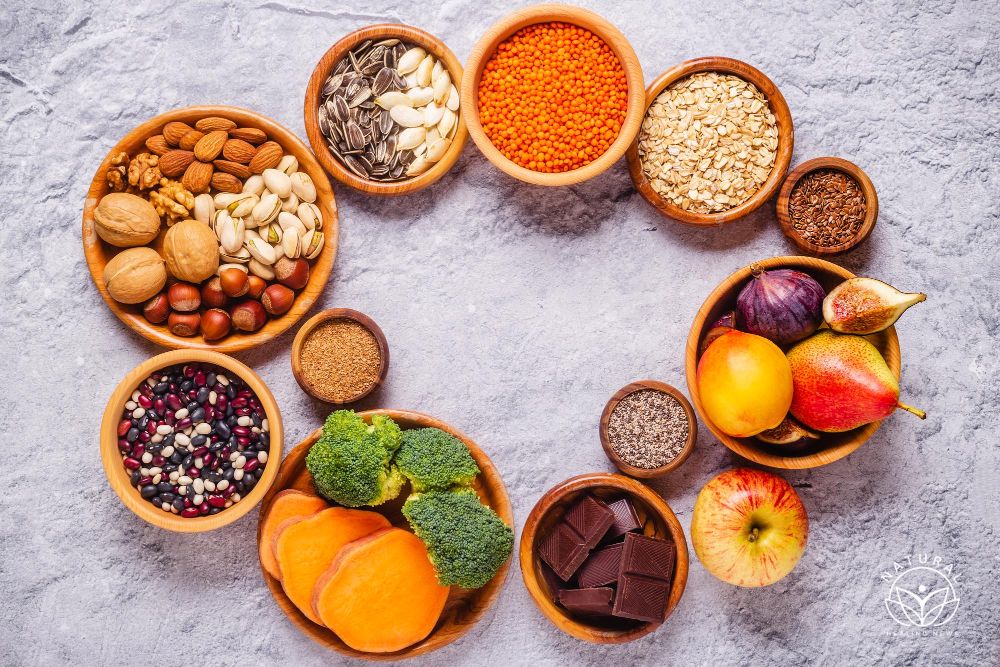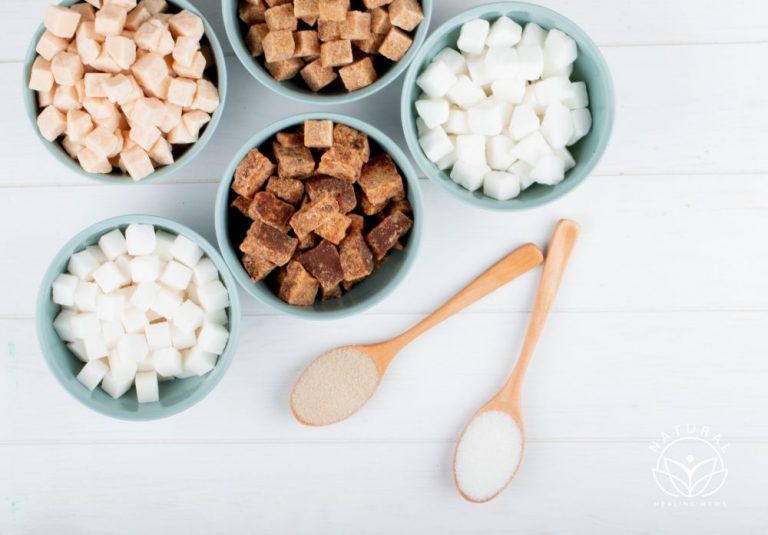Fiber: The Key to a Healthy Diet

Most people know that fiber is important for digestive health, but did you know that fiber is actually the key to a healthy diet?
Fiber is a nutritional powerhouse that helps keep you feeling full and satisfied after meals, helps to regulate blood sugar levels, and even lowers your risk for heart disease and some cancers.
Fiber is found in plant foods like fruits, vegetables, whole grains, and beans.
The best way to get enough fiber is to eat a variety of fiber-rich foods every day.
What is fiber?
When it comes to a healthy diet, fiber is key. But what exactly is fiber? Fiber is a type of carbohydrate that the body can’t digest. Although we can’t digest fiber, it’s important for our overall health.
Fiber does a few things that are important for our health:
First, fiber helps to keep us regular. When we eat foods that are high in fiber, it moves through our digestive system more slowly. This gives our body time to absorb the nutrients from the food and eliminates waste.
Second, fiber can help to lower our cholesterol levels. soluble fiber binds with cholesterol and removes it from the body.
Third, fiber can help to regulate blood sugar levels. Insoluble fiber slows down the absorption of sugar, which helps to prevent spikes in blood sugar.
Fourth, fiber is important for a healthy gut. Fiber helps to keep our gut bacteria healthy.
Finally, fiber is filling. This is important because it can help to prevent overeating.
For all of these reasons, it’s important to make sure that we are getting enough fiber in our diets.
Why is fiber important?
A diet rich in fiber has many benefits including normalizing bowel movements, lowering cholesterol levels, controlling blood sugar levels, and achieving a healthy weight.
Fiber is important for keeping the digestive system healthy, and it helps the body absorb nutrients.
There are two types of fiber – soluble and insoluble.
Soluble fiber dissolves in water and is found in oats, barley, legumes, and some fruits and vegetables. This type of fiber helps to regulate blood sugar levels and cholesterol levels.
Insoluble fiber does not dissolve in water and is found in whole grains, nuts, and vegetables such as carrots, celery, and tomatoes. This type of fiber helps to add bulk to the stool and prevents constipation.
Most people in don’t consume enough fiber. The recommended daily intake of fiber is 25 grams for women and 38 grams for men. The average American only consumes about 15 grams of fiber per day.
To increase your fiber intake, eat more whole grains, fruits, and vegetables. You can also take a fiber supplement.
How can you get more fiber in your diet?
Eating more fruits and vegetables is a great way to increase your fiber intake. Fresh fruits and vegetables have more fiber than canned or frozen ones. Eat a variety of fruits and vegetables to get the most benefit.
TIP: Focus on eating the skins and peels of fruit and vegetables whenever possible. This is where a lot of the fiber is found.
Whole grains are another great source of fiber. Look for whole grain breads, cereals, and pastas. When possible, choose products that have at least 3 grams of fiber per serving. beans and legumes are also good sources of fiber. Add them to your soups, salads, and other dishes.
You can also find fiber supplements at your local pharmacy or health food store. Make sure to check with your doctor before taking any supplements, especially if you have a medical condition.
Adding more fiber to your diet is a simple and effective way to improve your health. Just make sure to do it slowly and increase your water intake as well to avoid any digestive issues.
Bottom line: why fiber matters
Including fiber in your diet is important for many reasons. It can help to keep you regular, lower cholesterol and blood sugar levels, and even prevent some types of cancer. Including fiber in your diet can also help you to control your weight.
Fiber is found in many foods, including fruits, vegetables, whole grains, and beans.






